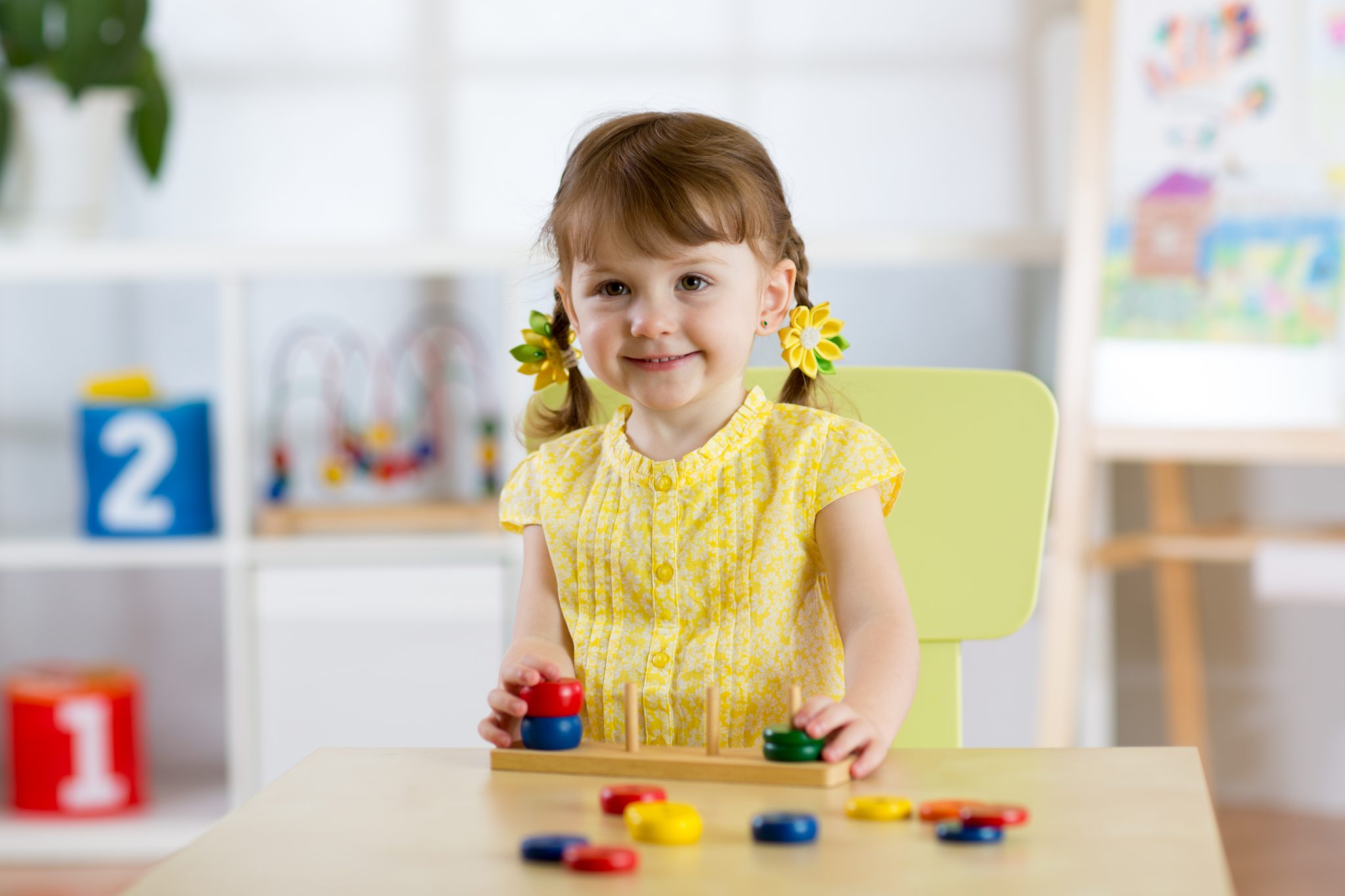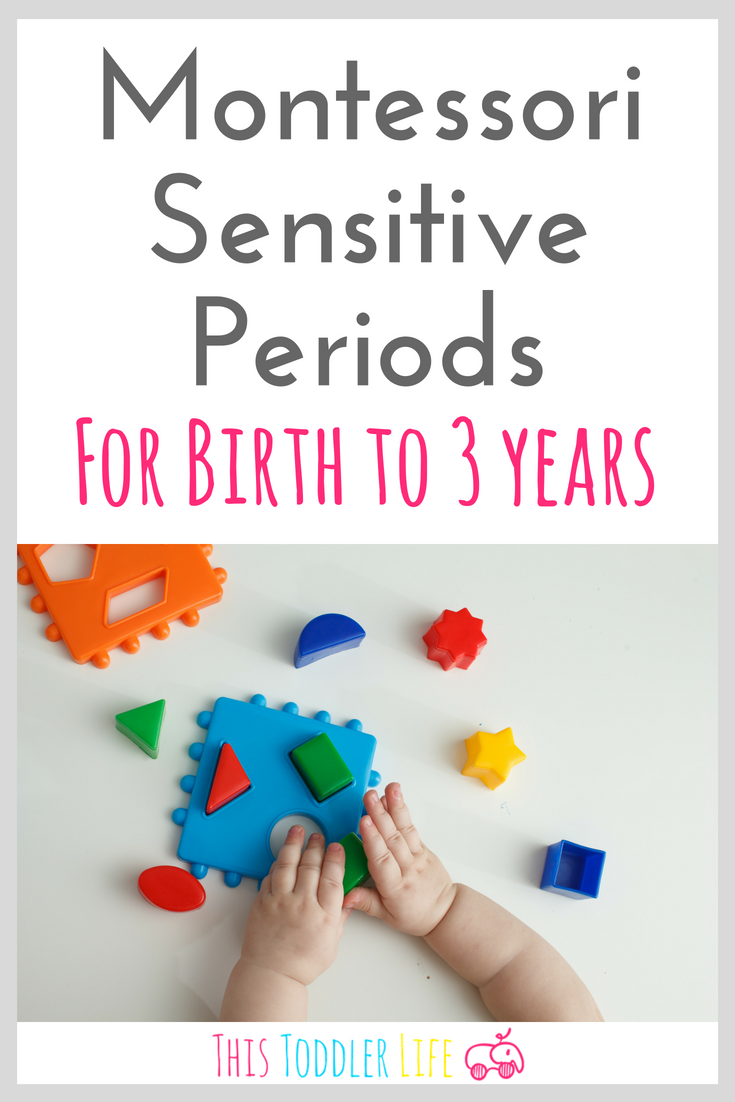- Home /
- Blog /
- PARENTING /
- MONTESSORI SENSITIVE PERIODS BIRTH – 3 YEARS
xxx videos
massive brown wiener for foxy sweety rilynn rae.xxxvideos
MONTESSORI SENSITIVE PERIODS BIRTH – 3 YEARS

Montessori sensitive periods refer to a period of time when a child’s interests are focused on developing a particular skill or knowledge area. During what Maria Montessori describes as the child’s absorbent mind, birth to age 6 years, is when the most sensitive periods occur. Let’s find out! What is a sensitive period? “ A sensitive period refers to a special sensitivity which a creature acquires in its infantile state, while it is still in a process of evolution. It is a transient disposition and limited to the acquisition of a particular trait.
Some sensitive periods are so noticeable that even someone who doesn’t practice Montessori would agree with them. For instance, the Montessori sensitive period for walking is 12-15 months. Others may refer to some of these sensitive periods as developmental stages.
Other sensitive periods take a bit more work on the adult’s part (preparing the environment and awareness). For instance, the sensitive period for the order is often looked at as a tantrum or the “terrible 2’s”. When really, your child is simply going through their sensitive period for order and if given a properly prepared environment and routine they will flourish!
When you know what your child is likely to be experiencing next, you can help them gain the most from their sensitive periods.

Here are some of the most recognizable Montessori sensitive periods for children aged 0-3 years old:
Movement 0-6 years
Gross & Fine Motor Development Birth to 2.5 years
To support this sensitive period you will want to prepare your environment by allowing your child to crawl, pull up and encourage walking with or without assistance. Toys or materials that allow your child’s hands to hook, bat, touch, turn, insert and grasp small items are suggested. Repeating these activities will refine their skills such as movement and improve hand-eye coordination. From birth to 2.5 years, children are sensitive to gross and fine motor development. This begins when the infant child learns to crawl, pull up, and eventually walk without assistance. Over time, children also develop fine motor skills through repeating activities that strengthen their hand muscles and improve hand-eye coordination.
Refinement/Coordination of Movement 2.5 years – 6 years
At this stage, your child is improving their coordination of fine movements such as being able to hold small items with a pincer grip and release them voluntarily. Gross motor coordination can be supported by walking, running, balancing, and jumping. Again, repeating these activities will help to improve their coordination. Young children are open to the right information at the right time. When children are given lessons, materials, and activities as they are ready for them, learning to read is a natural, continuous progression. This is one of the advantages of the Montessori Method. They are not only learning about their fascinating environment but also working on those much-needed fine motor skills and developing their concentration.
Language 0-6 years
Speaking 7 months – 3 years
Prepare your environment for these sensitive periods that you’ll need to speak to your child in clear language, read to them, and allow them to speak their needs. No baby talk.
Letter Shapes & Sounds 2.5 years – 5 years
Children become very sensitive to and interested in letter shapes and sounds. Activities such as tracing sandpaper letters with their fingers and correlating the sound of the letter with its shape are great in supporting these sensitive periods.
Writing 3.5 years – 4.5 years
These sensitive periods begin when the child learns the alphabet. Then they learn the sight words, which form the foundation for reading and writing skills.
Reading 4.5 years – 5.5 years
From the basis of writing, your child can learn to read. Reading aloud to your child will help them improve their own reading skills.
Sensory Skills 0-5 years
Small Objects 1 year – 3.5 years
Sensitive periods will be clear when the child is fixated on small objects and tiny details. This is an indicator that order and detail are coming together in the child’s mind. To properly prepare the environment you may want to get down to your child’s level and fix anything that needs to be fixed so the child won’t be distracted when doing work. When a child may see something in disorder this may affect their level of concentration.
Refinement of Senses 2 years – 6 years
The sensitive periods are characterized by the child’s fascination with sensorial experiences (taste, smell, sounds, weight, and touch). These experiences provide children with a system to classify objects within their environment. Provide your child with vast opportunities to explore and observe their environment using their senses.
Refinement of the Senses [2.5 to 6.5 years] Children refines their senses by exploring their environment with all their senses. A fascination with sensorial experiences results in children learning to observe and make increasingly refined sensorial discriminations.
Order 1-3.5
The sensitive period children for an order is a desire for consistency and repetition. An established routine, a carefully ordered environment, and established ground rules will help to keep your child from being disrupted by the disorder. This is a need that needs to be fulfilled, having order helps a child in these sensitive periods.
Toilet Learning 1-1.5
Toilet learning is a natural process and should be done by following your child’s lead. Allowing children to become aware of their bodily functions allows for less distress when the child is older and more physically able to control their toilet learning abilities.
This does not mean that your child should be completely toilet trained by this age. It simply means that around this age your child will probably show an interest in the toilet and will begin to have more physical control over her own bodily functions.
For instance, toileting can be a lot easier if you begin to introduce books By reading this post, and learning about your child’s development as it relates to these sensitive periods, you can curate an environment that supports them and helps them go deeper into refining these skills and developing this knowledge.
Music 2 – 6 years
Children experience sensitive periods for learning rhythm, pitch, melody, and more. Music develops the brain, leading to academic, social, and emotional growth.
Social Aspects of Life 2.5-5
At this age, children learn that they are part of a group and develop an intense interest in social relationships. This is when children learn to develop friendships and participate in group play. This is a good time to introduce the importance of manners and the basic principles of human interaction.
Manners & Courtesies 2.5 years – 6 years
Manner and courtesy are modeled by the adults. This means the parents should be using their manners with the children and other adults that may be around.
To support the development of fine and gross motor skills, it is important to provide your child with regular visits to the park or an outdoor environment. At home, you can encourage sensitive periods for movement by providing your child with opportunities to practice tasks, such as drawing or writing, washing hands, threading, and jumping.
Which of these Montessori-sensitive periods has your child been in lately? Leave a comment below for some ideas on how to guide your child’s development through their current sensitive period.
Sources:
“Montessori – All About Montessori Method of Education | Daily Montessori.” Montessori Education, www.dailymontessori.com/.
“Montessori Teacher Training and Parent Resources.” Montessori Teacher Training and Parent Resources, ageofmontessori.org/.
By. “How to Recognise and Support Sensitive Periods in Your Child’s Development.” Montessori Academy, 9 Oct. 2016, montessoriacademy.com.au/how-to-recognise-and-support-sensitive-periods-in-your-child’s-development/.
Click Here to Leave a Comment Below
Hi holly,
My toddler is 18 months. She seems very angry, she is trying to bite. She is constantly hitting, and hitting herself. What can I do?
Hello! Is weird to say but i have a son of 5 (almost 6 on december) and he has stopped peeing during day when he was 2.5 years . I have a problem. He hasn’t stopped during the night yet. I can say that my child has a very heavy sleep, that means you can hold him during his sleep around all the the house and he don’t get up. You can talk with loud voice but he don’t get up.
I have tried several times to get up him at 00:00 or 00:30 because i have observed that this is the time that he urinate but he is totally asleep.
Can you give me any advice what to do in this case?
Hello Holly
This is about my nephew.
He is 3 years and 7 months. He never allows his mother to leave her work halfway through.
He would insist that she finishes one before moving to the next.
It becomes very difficult, especially when she cooks for her husband, who has to leave home quite early for work.
He would insist that she finishes with the rice or chapathi to move on to make side dish and coffee.
If she were combing her hair then she cannot have a glass of water in between.
This is going on for the past few months.
Although it’s quite overwhelming at times, I am not worried. I want to know what is it that the little fellow is going through.
Thanks.
Hmmm, this is a new one for me. Perhaps taking a break from the task at hand is interrupting their sense of order? Personally, I would keep going about your day as usual and when they get upset I would empathize and validate their feelings as much as needed. However, I would still continue as normal once they are calm. Otherwise, I think allowing them to dictate someone else’s step by step tasks in this matter could become a slippery slope.
My 27 months girls is so interested in watching tv or youtube baby songs. I would like to create some spaces that let her develop her skills without the use of tv or screens.
This may help give you some ideas to create a space without tv or screens.
https://thistoddlerlife.com/montessori-for-your-24-27-month-old/
Holly xx
I have set up a montessori space at home in the last couple weeks and my 2.9 yr old likes to be there. However , he does not get the concept of putting back the work just yet. He tends to pick multiple things at the same time and leaving them there despite asking/showing multiple times. He perhaps would do it every now and then. Are there ways to get the child to pick one activity and stick with it till done? Thanks!
This makes so much sense. My 2 year old is dancing to music now. Before he wouldn’t. I’m also not sure if a sensory issue has started because he seems to really dislike like noises that didn’t bother him before. We live next to a train station and a small airport. During the day we hear one or the other every 5 min. It seems to disrupt his day.
Our 2 year old has picked up from school behaviours such as throwing objects when things don’t go his way, pushing others and rolling his eyes. Any tips to help him back on the right course?
This still happens to my 3.5 year old and I think it’s a natural behavior for all people even adults! Check out https://www.allanarobinson.com/ She has some helpful scripts for dealing with behavior issues.
My 18 month old has started what appears to be panic attacks. They generally happen when he is tired and can’t seem to settle himself. He cries uncontrollably and only wants me (dad tries to calm him down but it seems to get worse) Do you think this is just a phase? Is there something we can do to help him learn how to independently calm himself? He is a bubbly boy, full of personality but still needs us to help him sleep…
18 months is about the age my now 3-year-old started sleeping through the night but this didn’t happen on its own. I would suggest talking to a sleep expert who can help you find any sleep associations that have been created throughout your child’s life.
Expressing emotions at this age is hard to do as they can’t communicate with words as easily as an older child. The best advice I was given about communication and emotions is to teach the child what calm looks like. So instead of saying “calm down” in times when your child appears panicked, it’s better to take a moment when things are calm and say “this is calm”. First defining what calm looks like then asking them to “calm down”.
Additionally, you may want to consult a doctor if you are worried about your child having panic attacks.
My daughter is almost 15 months and can get very frustrated if things don’t go her way. She can ‘storm’ off shouting and hit things in temper. Sometimes she will randomly want to hit me. We are calm parents and let her explore her environment freely and safely. But I really don’t know where this temper has come from and how do I help her manage it? I mainly ignore negative behaviour and reward the positive but she is continuing to have these outbursts. Is there anything else I can do? Is it just a phase?
Amy.
At 15 months she is probably having trouble expressing herself. Communication skills are developing but it can still be hard to relate her feelings or emotions to you without knowing the words. Frustration and hitting are often a sign of a material being to difficult. If she is expressing these frustrations while using a certain toy or material you may be able to avoid the situation by giving her the step down from that material. For instance, if she is frustrated with a 6 piece puzzle you could try a 1 or 2 piece puzzle then work your way up.
Other than that I would try to put words to emotions like “I am happy right now. This is what it feels like when we are calm” etc. This way when you ask her if she is happy, sad etc she will be able to know what you are talking about.
Good luck and know it does get easier once your child’s language skills start to blossom. Hugs! Holly xx
My 9 month girl is is on the verge of walking on her own and is starting to get fussy if she doesn’t get her way. How does this correlate to montessori sensitive periods? What would you suggest?
Leave a Comment:
